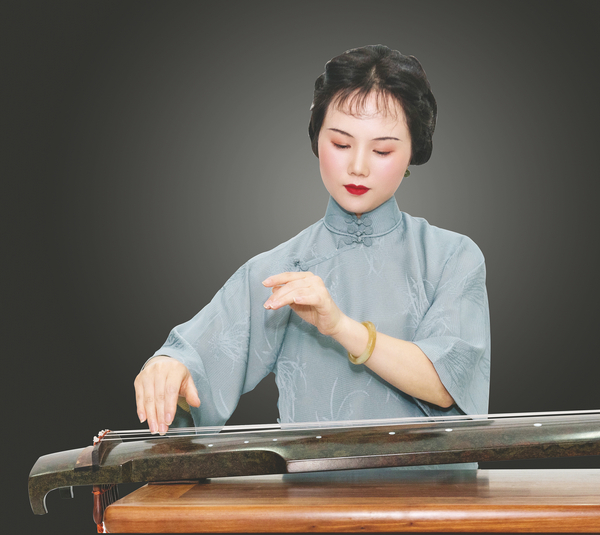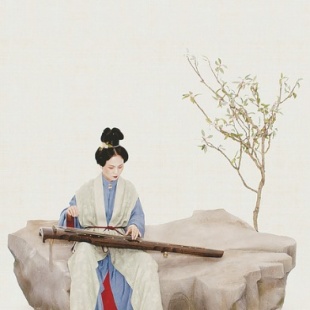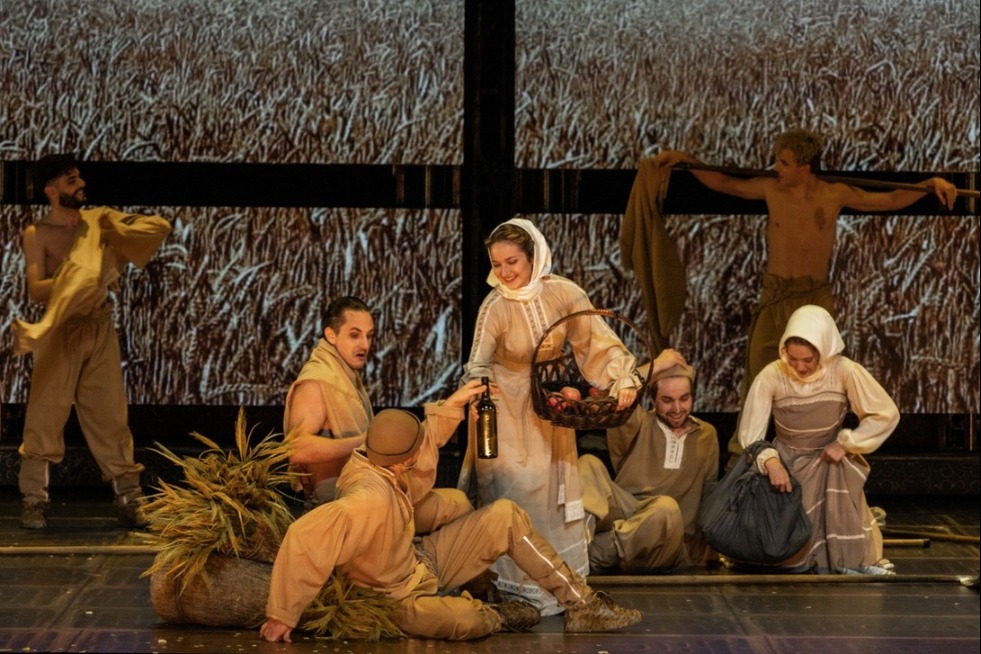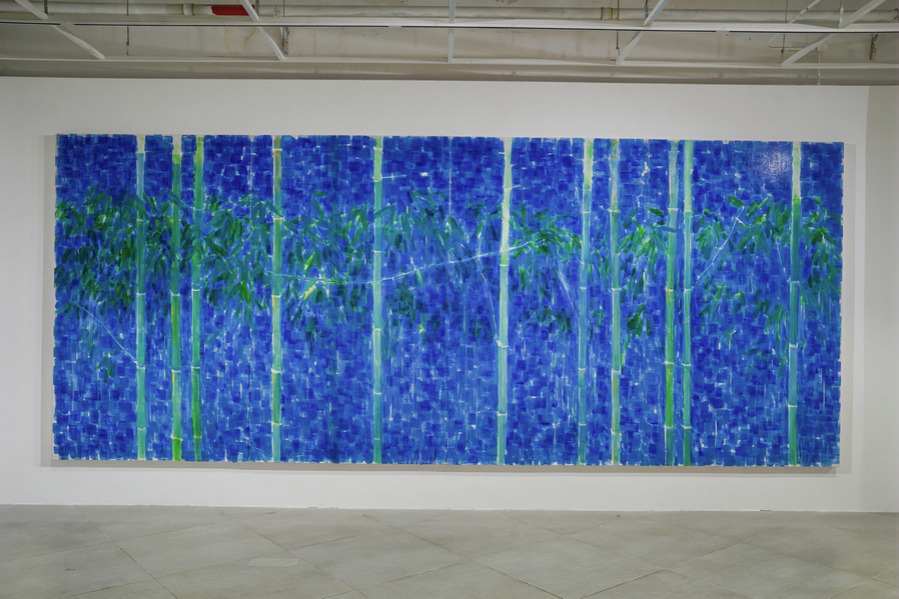An instrument of knowledge


Or, in their most notable style, the videos show a folk music ensemble dressed in traditional Chinese attire, set against a pale gray or yellow backdrop, almost as if the characters of an ancient scroll painting have sprung to life.
These performances encompass a wide array of genres, ranging from adaptations of TV series themes, to classic songs known worldwide. In their renditions, the pieces merge seamlessly with the guqin and other traditional instruments, presenting a simple, yet evocative, typical Chinese sense of beauty.
"Guqin is truly a unique and unparalleled musical instrument in China. It embodies a rich historical and cultural heritage in its essence, as well as the pursuit of self-fulfillment," director of the studio, Zhu Liyue, says.
It started with three young people from different parts of China with varied backgrounds — a professional guqin student, an advertising student deemed a "guqin aficionado", and an IT professional with a newfound passion for traditional culture. Little did they know that serendipity, born out of their shared love for the guqin, would one day bring them together in Shanghai to start a studio that draws countless youngsters closer to traditional culture.
Cai Shan, born in Zhejiang province's Taizhou, started learning the guzheng (another type of Chinese zither) at the age of 10, and her teacher suggested to her that the guqin might be an instrument more suited to her calm and composed demeanor.
She was later introduced to Li Fengyun, a professor at Tianjin Conservatory of Music, whose performance of the classic guqin piece, Flowing Water, left her awe-struck.





































